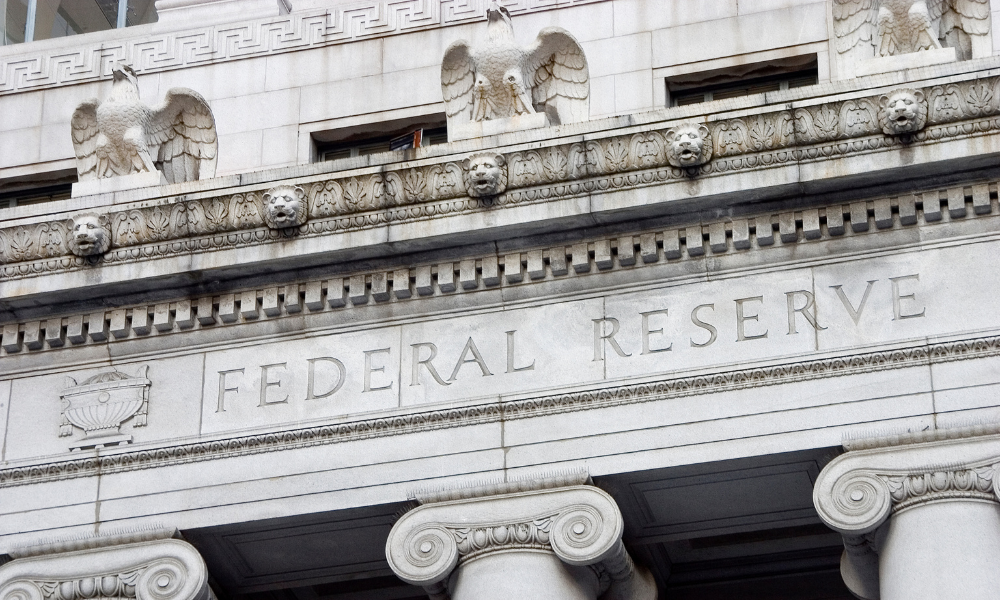Big Six bank's senior economist sees cost pressures weighing on TFSA investors, but there's a silver lining

Amid the economic challenges of inflation and high interest rates that defined the past two years, everyday Canadian investors are pulling back on their TFSA contributions.
That’s according to newly released survey findings from one of Canada’s big banks, which suggests that increased costs of living, debt, and other concerns are taking a toll on people’s propensity to invest in their tax-free savings accounts.
Among the respondents to BMO’s Annual Investment Survey, two thirds reported that current economic conditions are negatively affecting their finances, the bank revealed yesterday.
The survey data showed TFSA usage dipped to 62% in 2023 – a decline from 66% in 2022 and the 69% logged in 2018.
“The biggest challenge is that disposable income and disposable savings are being constrained,” Robert Kavcic, senior economist at BMO, told Wealth Professional in an interview. “There’s less available for households at the end of the day.”
December CPI hints at stickier inflation
A major piece of that story, Kavcic says, is the severe broad-based inflation Canadian households have had to grapple with in the past several years. People can make more room for TFSA investing by cutting back on luxuries large and small, but tightening the belt can get particularly challenging when it comes to the latter notches.
“For items like food, gas, and rent, inflation has been very strong,” he says. “Those non-discretionary items are costing households a lot more, so that’s probably biting into TFSA contributions.”
According to Tuesday’s inflation report from Statistics Canada, headline CPI rose unexpectedly in December by 3.4%, compared to 3.1% the month prior. That was underpined by stickiness in the Bank of Canada’s preferred core inflation measures.
“It suggests we’re going to be somewhat stuck at this inflation level of around three to three and a half per cent for a while yet,” Kavcic says. “Some items like grocery inflation – that’s a big one for a lot of households – are actually coming off quite a bit as we would have expected, so that's good news. But overall, inflation across the whole basket is still pretty stubborn."
With the BoC’s all-out campaign to douse record-high inflation with aggressive rate hikes, he says many households are seeing their mortgage rates reset upwards from historic lows. Even for Canadians who aren’t going out and actively borrowing more, Kavcic says their debt payment burden is slowly but surely ticking upward by the month, leaving even fewer dollars to spare for investment accounts like TFSAs.
Silver linings in the labour market
There’s some reason for optimism. Surveying the broader economic picture, Kavcic says Canada’s job market has shown uncharacteristic resilience in the face of the BoC’s steep policy tightening, with no job losses logged despite the total policy rate increase of 475 basis points since March of 2022.
“The second part of it is the job market has been so tight for so long, that we're seeing upward pressure on wages filter through now,” he says.
“Wages tend to be pretty slow-moving … If somebody would have had a contract set back in 2018 or 2019, when there was low inflation, and then you've had four or five years of inflation at four, six, or eight per cent, and the labour market is still tight, you'd be getting a lot of upward pressure on wages now,” Kavcic says.
Wage growth is clocking in at its fastest in years, Kavcic says – a blessing especially when juxtaposed against the cooldown in inflation, as it translates into higher real wages for households on the whole.
While BMO’s latest survey data implies a declining trend in TFSA contribution rates, Kavcic says those rates are still in line with levels observed over the past five to six years. That robustness, combined with the broader downward trajectory of inflation and rising wage growth, paints a constructive picture for Canadians’ ability to make contributions in their TFSAs.
“Assuming the economy and the job market hold up, there’s some reason for optimism or improvement,” he says.
“Things aren’t getting cheaper, but the rate of increases in prices is slowing down. And more importantly, if the job market holds up and the real wage gains we’re seeing continue in Canada, that should open up more room for savings in the next couple of years or so.”
Have a story idea or suggestion? Email [email protected].



